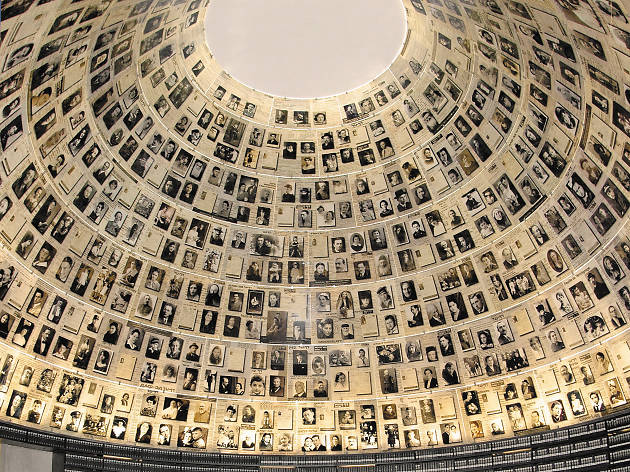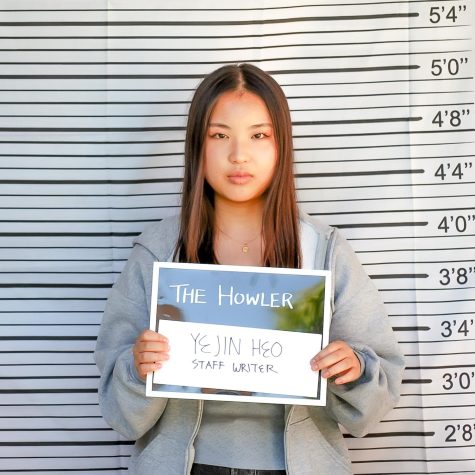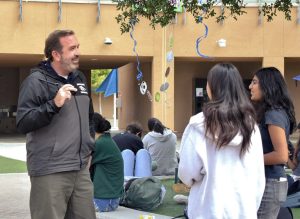A demand for holocaust education
Annual International Holocaust Remembrance Day honored in Jerusalem on Jan. 27
January 27, 2021
Only 16 states in the United States currently hold laws requiring secondary school Holocaust education, despite the fact that 63% of surveyed millennials and Generation Z were unaware that 6 million Jews were murdered during the Holocaust, and over half of those thought the number was less than 2 million, according to NBC News. Along with better Holocaust education comes a deeper understanding of prejudice, antisemitism and dehumanization that is crucial in our ever-evolving world. The narratives behind the human lives lost during this systematic, state-sponsored genocide should be recognized and thoroughly discussed in order to combat historically politicized education systems.
According to a study by the Anti-Defamation League, the number of hate incidents directed towards Jews quadrupled in elementary schools from 2015 to 2017, bounding from 114 to 457 reported occurrences.
While genocide is a sensitive subject that may trigger strong emotions and reactions from young students, that is all the more reason for students to have a solid understanding of history in order for them to avoid generalizations and misconceptions that could trigger these events of violence from a young age. Even more so, properly contextualized historical events can help students better understand mass violence, an individual’s civic duty and the value of promoting human rights. Revealing a country’s heinous history demonstrates what can stem from hate and prejudice, instilling the idea that one is fully responsible for their mindset, actions and decisions from a young age.
Holocaust education serves as an opportunity to educate the next generation on their responsibility to speak out against corrupt behavior. Its study must avoid desensitization to allow students to analyze human behavior and compel them to delve deeper into humans’ ability to scapegoat the powerless as well as understanding the fragility of societies that are supposed to protect humans rights.
In a radio address in 1966, Theodor Adorno declared that ignorance of the brutality of the Holocaust is “itself a symptom of the continuing potential for its recurrence as far as people’s conscious and unconscious is concerned.” Legislation is needed to ensure that the Holocaust’s events are taught to their full extent in all schools around the globe. However, teaching the Holocaust just to fulfill part of a state curriulum isn’t enough.
“No educational experience that anyone has coming through here has as much of an impact as hearing from a survivor directly,” said Kristine Donly, who works at the Levine Institute for Holocaust Education. A new curriculum that would integrate first-person accounts from Holocaust survivors, a connection to civics and ethics education, and the understanding that history is tied to our vision for the future of society is necessary. Such education allows students to take actions in their own lives while learning to deal with traumatic pasts to prevent conditions that make genocide possible, creating an environment for students to reflect on their own roles as global citizens.



![AAAAAND ANOTHER THING: [CENSORED] [REDACTED] [BABY SCREAMING] [SIRENS] [SILENCE].](https://thehowleronline.org/wp-content/uploads/2025/06/lucy-1200x800.jpg)





















































